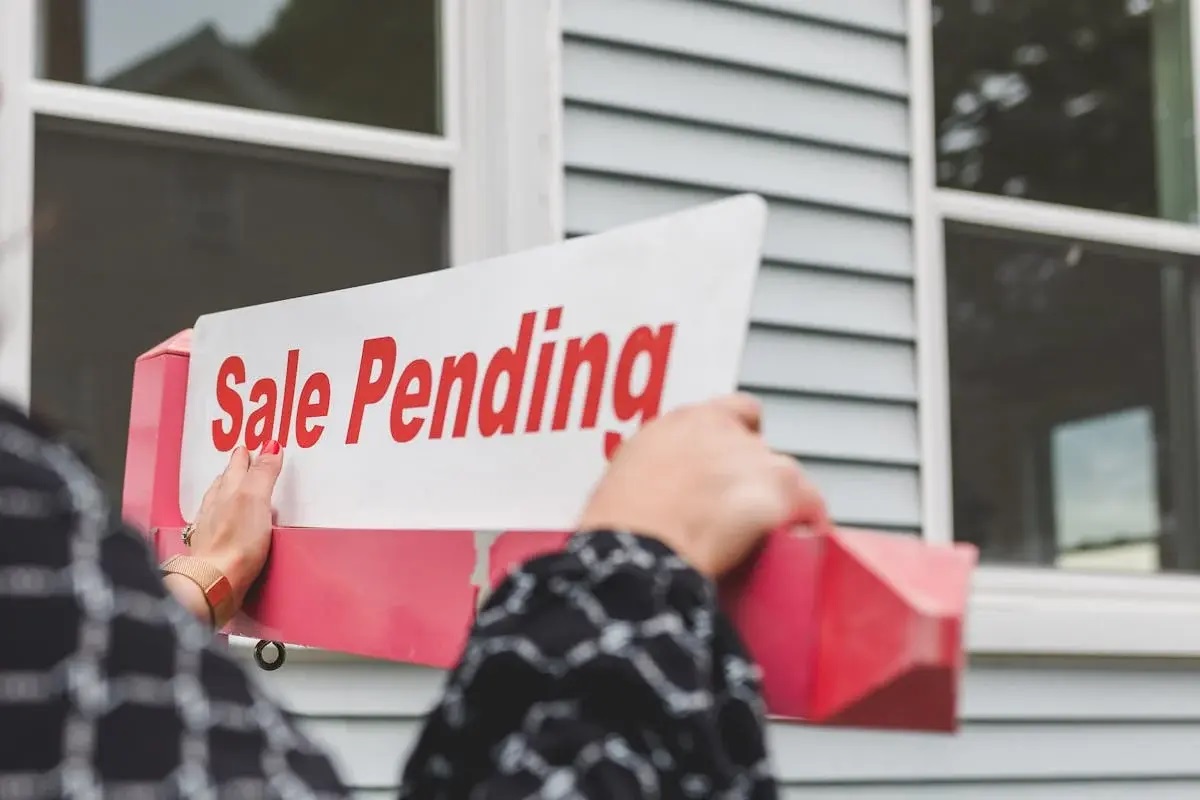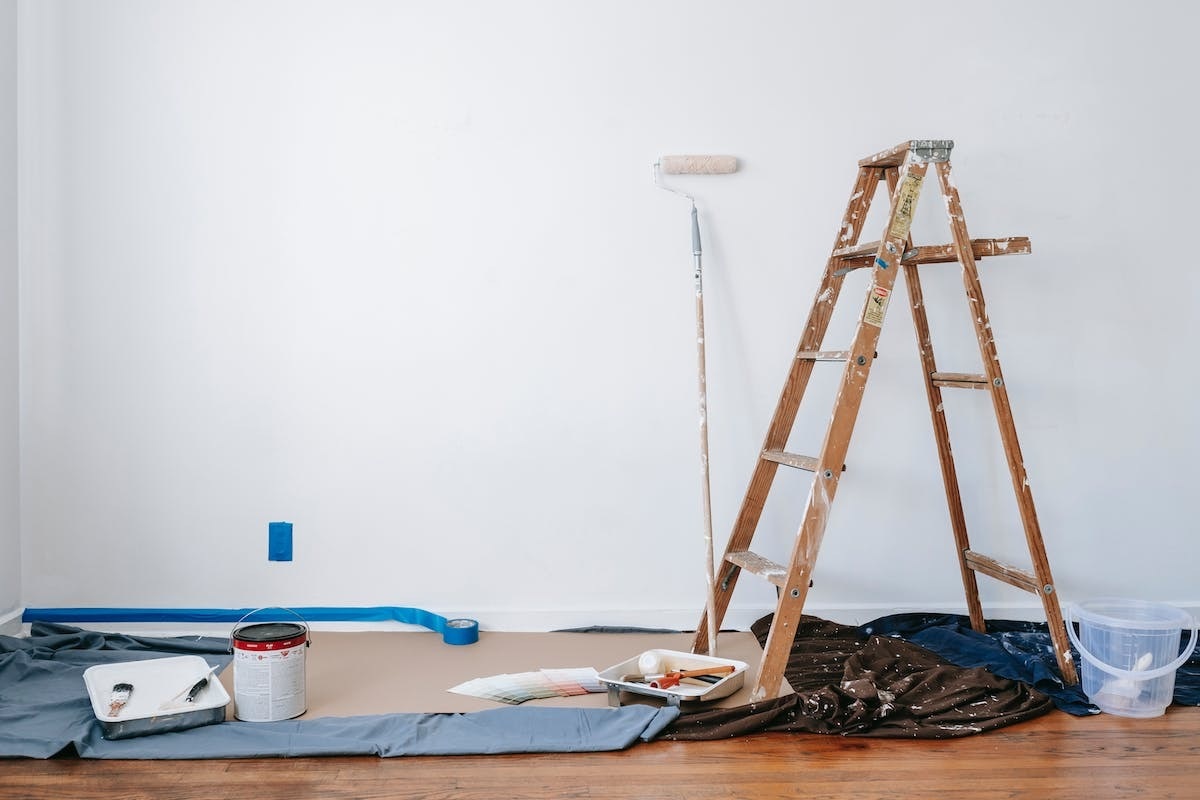
Super-sleuthing for non-disclosure cover-ups
___
Published Date 12/19/2023
No one likes to have the proverbial wool pulled over their eyes. Especially homebuyers. Even if you’re buying your 5th home, the process of purchasing a home has plenty of pitfalls — including shortcomings sellers either do not disclose, tend to gloss over, or even blatantly hide about their homes.
Realtor.com’s Elise Sole reveals a few of the more common cover-ups, the first of which is water damage. “Water stains aren’t just ugly; they’re also signs of leaks and a breeding ground for mold.” The thing is, that they’re fairly easy for homeowners to hide with strategic decoration or staging, says professional NY-based home inspector Frank Baldassarre.
He relates how many sellers try to conceal water intrusion in the basement, for example, by piling up cardboard boxes, suitcases or even large pictures to obscure the stains. As a potential buyer, you can always ask the homeowner to move the furniture a few inches and shine a pocket flashlight around. Red flags include odd odors and visible wall cracks.
Oh, and look for that fresh coat of paint. “Always ask the homeowner when they last painted,” says Baldassarre. “If it was a year ago, they’re probably not trying to hide water stains.”
Sole says if you’re looking at a home built before 1975—odds are good that it used to run on oil. “Back then, homeowners typically had large oil tanks installed in the basement or underground in the backyard to conserve space and maintain the home’s aesthetic.”
Baldassarre weighs in again: “The problem is that oil can contaminate soil, and because it’s incredibly costly to remove, some people try to hide evidence of the tank,” says Baldassarre. “Recently, I arrived at a home inspection early and caught the homeowner sawing off the top of the fill pipe.”
He advises buyers to look for a small fill pipe sticking up from the ground in the backyard (often covered by patches of grass). It’s a dead giveaway that an oil tank is on the premises. Or double-check by asking the seller if the home was heated with oil in the past.
On to those cracks. If the paint job in a home looks a little uneven around the door frames or windows, take a closer look to see if it’s concealing any jagged cracks in the wall. Zigzagging cracks can signify foundation problems, a costly and potentially dangerous situation. “A weak foundation can prevent cabinets and doors from closing, cause supporting beams to snap from stress, or even result in a poor home appraisal, which can affect your loan and the home’s resale value,” says Sole. And it’s probably not your imagination when you feel as if you’re suddenly walking up or down—even slightly—as you move through the home.
Then there are barking dogs, noisy teens, and other factors owners will downplay with well-timed open houses and neighborly negotiations, even though they have an obligation to disclose what are called ‘neighborhood nuisances. Agents have reported stories of people asking their neighbors to keep noisy dogs inside during showings, only opening their homes during strategic times of the day.
Some sellers are not necessarily being consciously dishonest, however. Even well-intentioned owners may not be candid if they’ve become accustomed to their environment. So it's up to you, the potential buyer, to take a walk around the neighborhood at different times of the day to get a more authentic feel for the area. Don’t hesitate to make small talk with the locals, who can offer a more objective view of their surroundings.
Cold spots in a house are not to be explained away by the presence of a supernatural entity. “Anyone who’s lived in a home with a freezing bathroom or unusually warm bedroom knows that a temperature imbalance can result in avoiding a room altogether. That’s why tapping into your senses is key when viewing your potential new home,” says Sole.
“If you walk into a room and there’s a subtle shift in the atmosphere—maybe the air feels dry or damp—ask the owner what the room feels like throughout the seasons,” says one agent Sole interviewed, who says the culprit is usually poor insulation, sometimes as a result of the owner adding a (sometimes non-permitted) second room or floor to the home.
Realtor, TBWS
All information furnished has been forwarded to you and is provided by thetbwsgroup only for informational purposes. Forecasting shall be considered as events which may be expected but not guaranteed. Neither the forwarding party and/or company nor thetbwsgroup assume any responsibility to any person who relies on information or forecasting contained in this report and disclaims all liability in respect to decisions or actions, or lack thereof based on any or all of the contents of this report.


Millenium Home Mortgage
Manager
NMLS: 51519
Millenium Home Mortgage LLC
1719 Route 10 East, Suite 206, Parsippany NJ
Company NMLS: 51519
Office: 973-402-9112
Email: connie@mhmlender.com

Millenium Home Mortgage
___
Manager
NMLS: 51519
Last articles
___

Revisiting pandemic “boomtowns” - a study in staying power
5/1/2024
The shot heard ‘round the world was the boom many cities experienced during the ... view more

How to avoid homebuyer ‘shot-in-foot’ syndrome
4/30/2024
You don’t simply buy a home these days. You compete for one. The home-buying sea... view more

Higher than expected Employment Cost Index raises inflation concerns
4/30/2024
The 1st QTR Employment Cost Index was higher than expected, up 1.2% versus estim... view more

This week markets will be focused on FOMC and the employment report
4/29/2024
The headlines this week, the FOMC meeting on Wednesday and April unemployment da... view more

When a gambling addiction affects ‘home sweet home’
4/26/2024
It’s the nightmare we think only happens in the movies. “We have to pack,” says ... view more

Elegant decor updates need not break the bank
4/24/2024
Ever notice how some of the most elegant clothing and beautiful home decor have ... view more

Ushering ‘porch birds’ to a different locale
4/23/2024
You may see it as a sign of good luck when a wild bird or two visits your porch.... view more

The Richmond Fed Manufacturing Index met expectations
4/23/2024
We will get the high-frequency S&P Markit MFG and Services PMI at 9:45 am ET. Bo... view more

Never underestimate the value of professional real estate agent representation
4/22/2024
Click the link; buy a sofa. Click on another; buy a pergola for your backyard...... view more

The PCE data on Friday will dominate market news
4/22/2024
The 10 year note at 8:30 am ET improved from overnight levels, at 8:30 am 4.64% ... view more
Load more
 Millenium Home Mortgage LLC
Millenium Home Mortgage LLC






























































